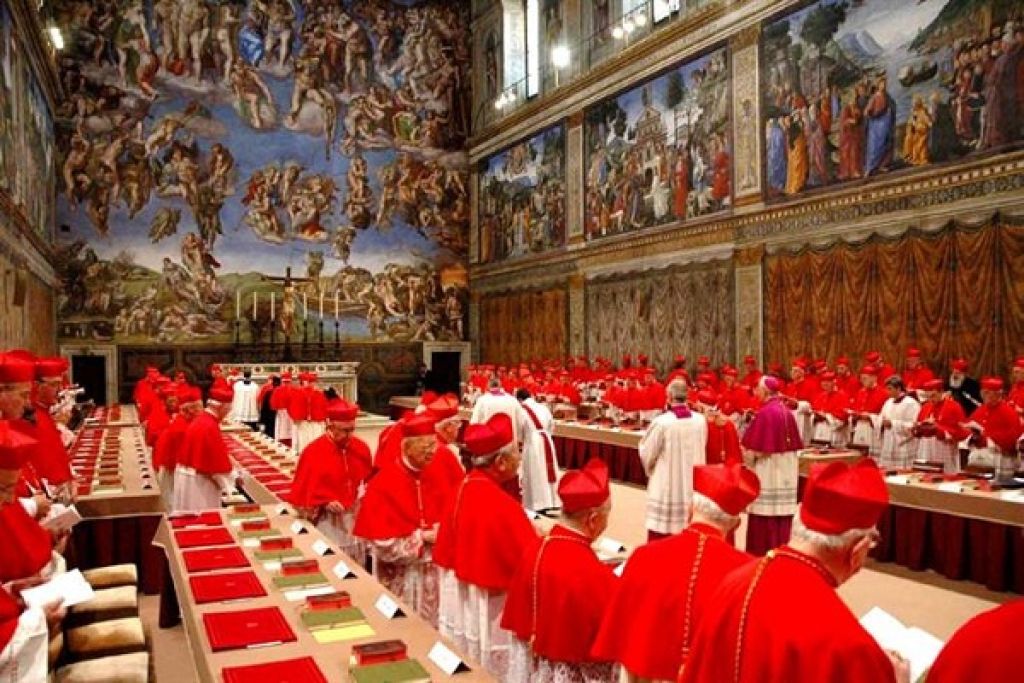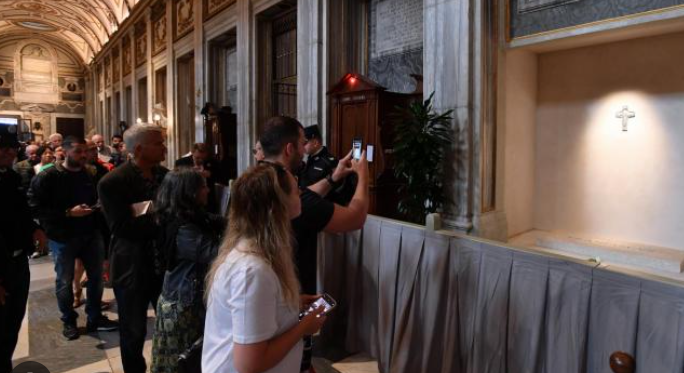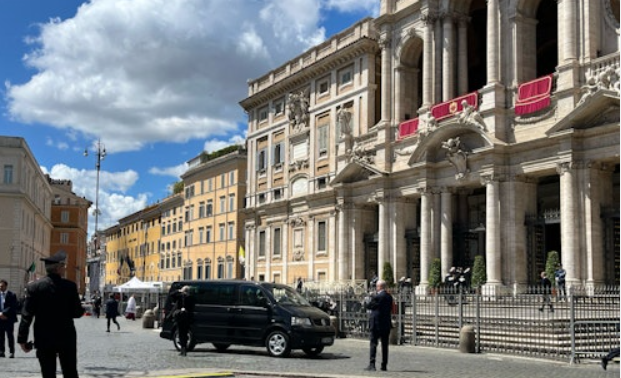MADRID (Reuters) – Spanish Prime Minister Pedro Sanchez said on Tuesday his government was planning to put forward a proposal for the 2019 budget in January, changing strategy after an electoral setback on Sunday in a Socialist stronghold.
FILE PHOTO: Prime Minister of Spain Pedro Sanchez speaks during the COP24 UN Climate Change Conference 2018 in Katowice, Poland December 3, 2018. REUTERS/Kacper Pempel
Spain’s political landscape has been upended by the unprecedented election of 12 far-right lawmakers in the southern Andalusia regional parliament on Sunday, prompting Sanchez to have another go at putting a budget proposal to parliament.
“We are going to fulfill our task, which is to present the budget, and I announce that the cabinet in January will approve the proposal,” Sanchez said during a televised interview on private TV channel Telecinco.
The Socialists hold a minority in parliament and need the support of smaller parties to pass legislation.
The government had reached a tentative deal on the 2019 budget with anti-austerity party Podemos in October, but had stopped short of putting it to parliament because Catalan nationalists, whose votes it needed, refused to back it.
The lack of support from Catalan nationalists, who favor seceding from Spain and were asking for concessions from Sanchez in return for any support on the budget, had prompted the government to consider ruling by decree on budgetary issues.
But the government might now be hoping that the success of center-right and far-right parties that strongly oppose Catalan nationalists might convince the latter to be more accommodating.
Without a budget, Sanchez could be forced to call an early election.
Asked if the Socialist government could call a snap election before the legislature ends in 2020 if he failed to get support from the opposition for his budget, Sanchez declined to answer, saying he was focusing on the budget.
Sanchez also used the interview to challenge the conservative People’s Party and center-right Ciudadanos on a possible deal with the far-right Vox to rule Andalusia.
Vox espouses tougher immigration policies and a weaker European Union.
“Parties that call themselves pro-European cannot … base their (regional) government on a resolutely anti-European force like Vox,” Sanchez said.
Looking at a possible alliance between Ciudadanos and French President Emmanuel Macron’s party in EU elections in May, Sanchez said he wondered how Ciudadanos chief Albert Rivera would explain a deal with Vox to Macron, who bills himself as a top adversary of the far-right.
Reporting by Jesús Aguado and Ingrid Melander; Editing by Janet Lawrence and Sandra Maler






Leave a Reply